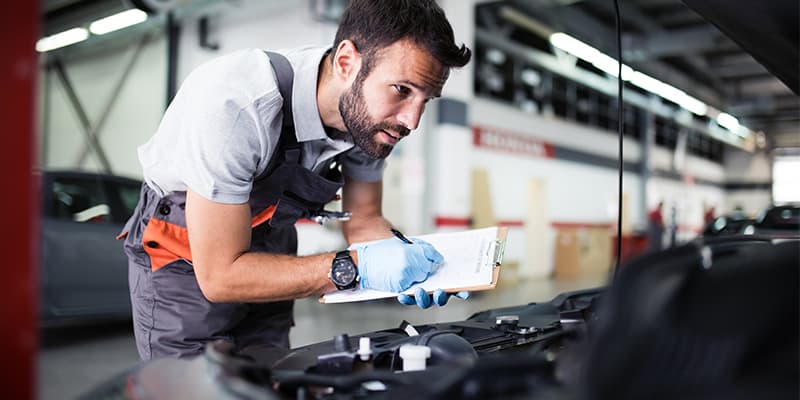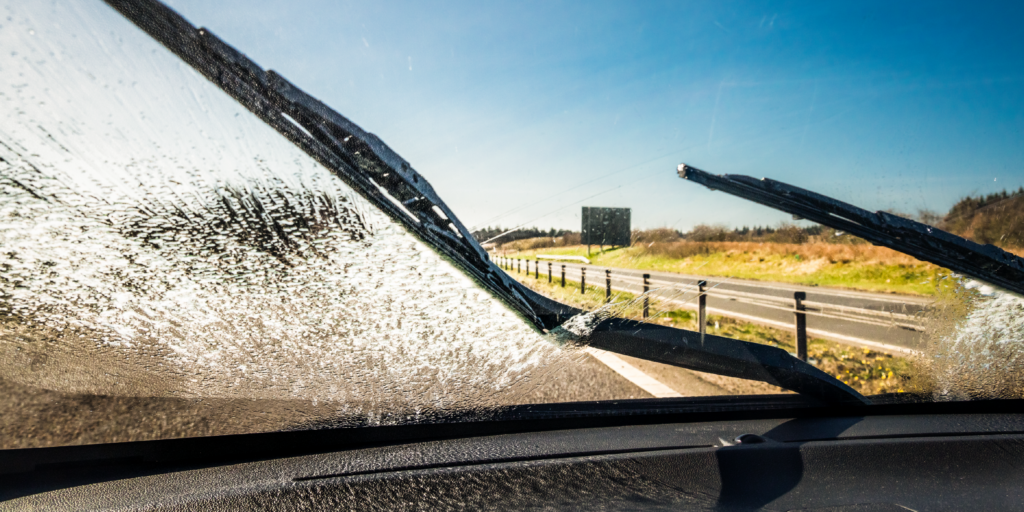
How To Maintain Your Used Vehicle In The Summer
Summer brings loads of fun and adventure – like road trips, camping and the beach. Unfortunately, it can also bring car trouble. Here in Manitoba, we experience extremely hot temperatures, which can take a major toll on our cars.
Even if your summer calendar is full already, it’s important to make a bit of time for car maintenance. The last thing you want is to not be able to make it to your next summertime event safely.
Taking proper care of your car ensures you are protecting your vehicle as well as you and your loved ones. Here are some of the most common summer car problems and how to maintain your ride to avoid them:
POPPED TIRES
Due to hot days and cooler nights, popped tires are one of the most common car problems experienced during the summer. The temperature fluctuations affect air pressure, making it easier for tires to get damaged and worn.
Check Tire Pressure: Before taking any long trips, make sure to check your tire pressure. Look for signs that your tires might be either underinflated or overinflated. While you’re at it, check the air pressure of your spare tire as well. Most cars have a recommended PSI between 30 and 35 – check your vehicle’s owner’s manual if you’re not sure of yours.
Rotate Tires: You can help extend the life of your tires by rotating them regularly. This will help even out any wear and tear by allowing all four tires to work in each position of the car. A general guideline is to do this every 8,000 – 10,000 km.
OVERHEATED ENGINE
Seasonal weather shifts can often lead to low engine fluids, as they tend to thin and evaporate in warmer temperatures.
Top-Off Fluids: Make sure you are topping off your transmission, power steering, coolant and windshield wiper fluids. The coolant fluid is especially important because it keeps your car’s engine from overheating. If you feel uncomfortable doing this yourself, your local mechanic can help get everything filled up.
Change Oil & Oil Filter: Getting your oil and filter changed is key to increasing the longevity of your car. Oil lubricants keep your engine safe from wear and tear, while the oil filter works to remove contaminants from the engine oil. Make sure you are changing your oil on a regular basis. A good rule of thumb is every 8,000 km – or follow your car manufacturer’s guidelines.
BROKEN AC
We can all agree that summer is the worst time for the car’s air conditioning to stop working! Due to rising temperatures outside, extra strain is put on your vehicle’s cooling system. This can cause the system to work overtime to keep the car cool.
Test AC Before Summer: You most likely didn’t use the AC during winter or spring, so test it out before summer arrives. If you feel hot air, try adding refrigerant to your car to give the AC system a boost. If that doesn’t do the trick, it might be time to bring your car to the shop.
Change Air Filter: It’s also important to maintain your car’s air filter quality by changing it every 12 months. Reference your car manufacturer’s recommendations if you’re not sure.
WORN WIPER BLADES
Summer rain and dusty roads can lead to the overuse of your car’s wiper blades. They can easily become worn and damaged, making it difficult to clean your windshield properly.
Check Wipers Every Season: Check the effectiveness of your windshield wipers at the end of each season and replace them whenever necessary.
WEAK BATTERY
Your battery has to work much harder in hot temperatures to keep your car cool.
Listen For Signs: If you notice your car has a slow engine start, it might be time for a new battery. If this happens, it’s best to bring your car to a mechanic shop and get the issue checked out.
POOR BRAKE PERFORMANCE
Harsh winter weather can affect the performance of your car’s brakes. Since you rely on your brakes every time you drive, it’s very important to ensure they’re in tip-top shape.
Test Brakes Regularly: It’s good practice to test your brakes all year round. Listen for squealing or growling sounds. You’ll also want to watch out for the feeling of brake pulling or the car pulling to one side when braking. If you notice any of these things, it’s best to get your brakes inspected right away.
SUN DAMAGE
We all know the feeling of getting into our car on a hot day and yelling “Ouch!” as we sit down. Not only is the sun heating up the inside of the car and making it uncomfortable, but it can also be affecting the exterior.
Find Shady Parking: Whenever possible, park your car in the shade. This not only keeps you cool, but it can prolong the life of your vehicle. The sun’s rays could damage the exterior and paint of your car, which is a costly thing to fix.
Use Window Shades: If you’re not able to park in the shade, use window shades. These will block out UV heat and protect it from any damaging effects of the sun.
By following these tips, you can prevent common summer car problems so you can enjoy the beautiful weather with peace of mind. If you’re not comfortable doing car maintenance yourself, we can help! Bring your vehicle down to one of our dealerships and we’d love to get your car in ship shape for the rest of the summer. Find a Birchwood Credit location near you.




